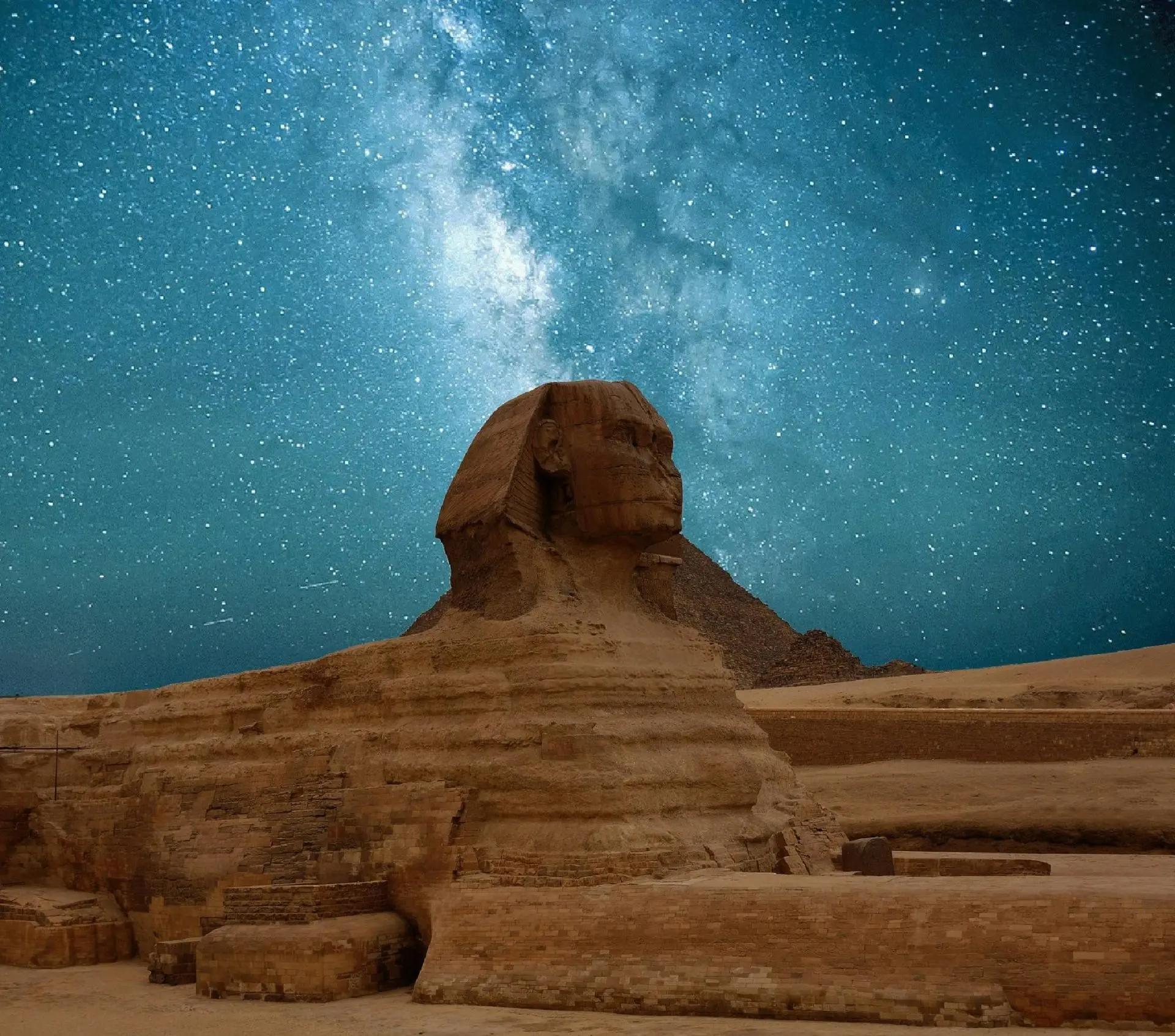Taoist Poetry: Verses of Reflection

Looking for more amazing products? Check out our online store and explore our collection here! Happy shopping!
Before diving in, please note: This post is for informational purposes only. If you’d like to know more about how we approach topics, feel free to check out our friendly Disclaimer Page.
Hey there, amazing readers! 
We’re committed to delivering quality posts, and your support (even just sticking around despite the ads) means everything to us. So, bear with us, and thanks for helping us keep the good vibes rolling. Now, on to the fun stuff!
TRANSLATE BUTTON AT THE END OF THE ARTICLE
A Quick Overview: Introduction to Taoist Poetry
Taoist poetry, also known as Daoist poetry, is a form of literature that has its roots in ancient Chinese philosophy and spirituality.
It is characterized by its focus on nature, simplicity, and the principles of Taoism.
Taoist poets often seek to convey profound insights and reflections on the natural world, the human experience, and the interconnectedness of all things.
Through their verses, they aim to capture the essence of the Tao, or the Way, and offer readers a path to enlightenment and self-discovery.
Origins and Influences of Taoist Verses
Taoist poetry traces its origins back to the classical period of Chinese literature, with scholars like Laozi and Zhuangzi being some of the earliest proponents of Taoist thought.
These ancient texts, such as the "Tao Te Ching" and the "Zhuangzi," provided a rich source of inspiration for later poets seeking to explore the principles of Taoism through their own creative expression.
Influences from Confucianism, Buddhism, and other spiritual traditions also played a role in shaping the development of Taoist poetry over the centuries.
Themes in Taoist Poetry
Taoist poetry often explores themes such as the cyclical nature of existence, the impermanence of life, the harmony of the universe, and the interconnectedness of all beings.
Poets frequently use imagery drawn from the natural world, such as mountains, rivers, clouds, and flowers, to convey deeper philosophical truths and insights.
The themes of humility, simplicity, spontaneity, and non-action are also prominent in Taoist verses, reflecting the core principles of Taoist philosophy.
Symbolism and Imagery in Taoist Verses
Symbolism and imagery play a crucial role in Taoist poetry, as poets use metaphorical language to convey complex ideas in a concise and powerful manner.
Nature is a common source of symbolism in Taoist verses, with elements like water, wind, and fire representing different aspects of the Taoist worldview.
Symbolic animals such as the crane, the dragon, and the phoenix are also frequently used to evoke themes of wisdom, power, and transformation in Taoist poetry.
Masters of Taoist Poetry
Throughout history, there have been many esteemed poets who have excelled in the art of Taoist verse.
Some of the most renowned masters of Taoist poetry include Li Bai, Wang Wei, Han Shan, and Du Fu.
These poets distinguished themselves through their profound insights, elegant craftsmanship, and deep spiritual wisdom, earning them a lasting legacy in the world of Chinese literature.
Their works continue to inspire readers and scholars to this day.
Writing Techniques in Taoist Verses
Taoist poets employ a variety of writing techniques to evoke the essence of Taoist philosophy in their verses.
This can include the use of simple language, sparse imagery, and a focus on the present moment.
Poetic devices such as repetition, parallelism, and paradox are also commonly used to convey the elusive and enigmatic nature of the Tao.
By employing these techniques, Taoist poets create poems that are both profound in meaning and beautiful in form.
Impact of Taoist Poetry on Literature
Taoist poetry has had a significant impact on the development of Chinese literature and culture over the centuries.
It has influenced not only poetry but also other forms of art, such as painting, calligraphy, and music.
Taoist verses have inspired generations of writers, artists, and thinkers to explore the mysteries of existence, the beauty of nature, and the pursuit of inner harmony.
The enduring appeal of Taoist poetry lies in its timeless wisdom and universal truths that continue to resonate with readers around the world.
Philosophical Underpinnings of Taoist Verses
At the heart of Taoist poetry are the philosophical underpinnings of Taoism itself.
The concept of the Tao, or the Way, is central to Taoist thought, representing the ultimate reality that underlies all existence.
Taoist poets often seek to align themselves with the natural order of the universe and to embody the principles of wu wei, or effortless action.
Through their verses, they explore the themes of unity, balance, and spontaneity, drawing inspiration from the teachings of Laozi, Zhuangzi, and other Taoist sages.
Comparing Taoist Poetry with other Traditions
Taoist poetry can be compared and contrasted with other poetic traditions, such as Confucian poetry, Buddhist poetry, and Western poetry.
While Confucian poetry tends to focus on moral values, social order, and filial piety, Taoist poetry emphasizes themes of nature, spontaneity, and the mysteries of existence.
Buddhist poetry, on the other hand, often explores themes of suffering, impermanence, and enlightenment.
Western poetry may share some similarities with Taoist verse in terms of its focus on nature and spiritual themes, but it also has distinct stylistic and cultural differences.
Popular Taoist Poems and Poets
Some of the most popular and beloved Taoist poems include Li Bai’s "Quiet Night Thoughts," Wang Wei’s "Deer Park," Han Shan’s "Cold Mountain Poems," and Du Fu’s "Spring View." These poems capture the essence of Taoist philosophy through their vivid imagery, profound insights, and lyrical beauty.
Each poet brings a unique perspective and voice to the tradition of Taoist poetry, offering readers a glimpse into the timeless wisdom and spiritual depth of Taoism.
Modern Interpretations of Taoist Verses
In modern times, Taoist poetry continues to inspire writers, artists, and scholars to explore the enduring themes of nature, spirituality, and the human experience.
Contemporary poets like Gary Snyder, Mary Oliver, and Jane Hirshfield have drawn inspiration from Taoist principles in their own work, weaving elements of Taoist philosophy into their poems.
Through their creative interpretations, these poets bring a fresh perspective to the ancient tradition of Taoist verse, connecting it to the concerns and challenges of the modern world.
Appreciating the Beauty of Taoist Poetry
To truly appreciate the beauty of Taoist poetry, one must approach it with an open heart and a contemplative mind.
Take the time to immerse yourself in the natural imagery, the subtle symbolism, and the profound insights that these verses offer.
Reflect on the themes of harmony, simplicity, and interconnectedness that run through Taoist poetry, and allow yourself to be moved by the timeless wisdom and spiritual depth of the Tao.
By engaging with Taoist poetry in this way, you can experience a deeper connection to the natural world, a greater sense of inner peace, and a renewed appreciation for the beauty of language and art.
Conclusion
Taoist poetry is a profound and timeless tradition that continues to inspire readers and poets around the world.
Through its focus on nature, simplicity, and the principles of Taoism, Taoist verses offer a path to enlightenment and self-discovery.
By exploring the origins, themes, symbolism, and impact of Taoist poetry, we gain a deeper understanding of its beauty and significance in the realm of literature and spirituality.
Whether through the works of classical masters or modern interpreters, Taoist poetry continues to captivate and enrich our lives with its wisdom and grace.

The Enlightenment Journey is a remarkable collection of writings authored by a distinguished group of experts in the fields of spirituality, new age, and esoteric knowledge.
This anthology features a diverse assembly of well-experienced authors who bring their profound insights and credible perspectives to the forefront.
Each contributor possesses a wealth of knowledge and wisdom, making them authorities in their respective domains.
Together, they offer readers a transformative journey into the realms of spiritual growth, self-discovery, and esoteric enlightenment.
The Enlightenment Journey is a testament to the collective expertise of these luminaries, providing readers with a rich tapestry of ideas and information to illuminate their spiritual path.
Our Diverse Expertise
While our primary focus is on spirituality and esotericism, we are equally passionate about exploring a wide range of other topics and niches 

To ensure we provide the most accurate and valuable insights, we collaborate with trusted experts in their respective domains 
Our blog originally focused on spirituality and metaphysics, but we’ve since expanded to cover a wide range of niches. Don’t worry—we continue to publish a lot of articles on spirituality! Frequently visit our blog to explore our diverse content and stay tuned for more insightful reads.
Hey there, amazing reader! 
Check out our store here and take a peek at some of our featured products below! Thanks for being awesome!











